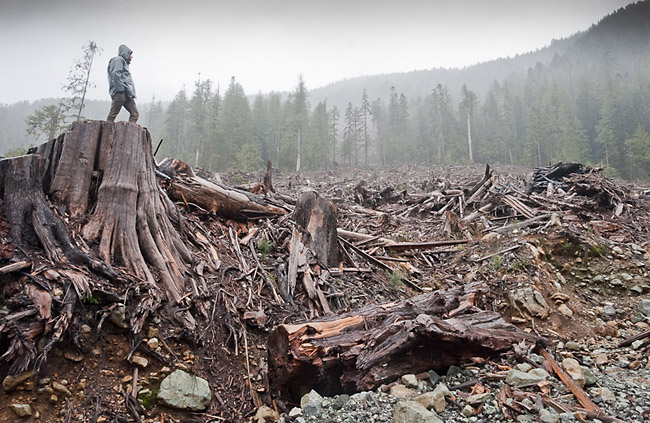One of the prevailing themes of growing up and growing older is loss. We lose family members, we lose friends, we lose partners. These losses often lead to grief, and grief is an emotion that we still don’t have even an adequate, let alone superb, support structure for in this society. Look at how we portray funerals in movies, TV and other media: people standing around solemnly at a gravesite while the priest reads off Psalm 23 (“The Lord is my shepherd”.) In real life, we maybe get a day or two off of work to go to said funeral, and then we’re expected to suck it up and get back to our duties. Everything in our modern cultural script about loss says that we have to be stoic and let any emotional expression be strictly private.
And that’s just for grieving the loss of our fellow human beings. It’s only been in the past few years that it’s become more acceptable to openly mourn for the loss of a pet (and that, no doubt, is partly heralded by greeting card companies capitalizing on an occasion to make more money.) Maybe a few hippies and crunchy-granola types are expected to hold memorials for venerable urban trees that are cut down to make way for development.
But nowhere is there a widespread space where we can openly grieve for the loss of nature. I learned this acutely when I was in my early teens, and the open lot of trees and fields behind my home was bulldozed to make way for yet more houses on 1/2 acre parcels of fescue. I was completely devastated; as a badly bullied child I had found my safety and solace in nature, and this loss was legitimately traumatic. I spent the next few years being increasingly isolated and skirting the edges of depression, and no one, not even myself, seemed to know what the problem really was. I had been, figuratively and literally, uprooted.
It was the better part of twenty years later when I discovered the works of Joanna Macy during my ecopsychology classes in graduate school. Macy is quite possibly one of the most underappreciated women of our time, having spent decades developing ways for ordinary people to hold community space for grief, as well as other shared experiences and emotions. Many of these are decidedly nature-based, settling us within the greater context of the planet and giving our species more support than we generally give ourselves in solitude.
My mind was absolutely and completely blown. Not only was I learning that it was okay to grieve for the loss of trees and the ecosystems they were in, but also the extinction of entire species, and potentially the destruction of our entire planet as we know it through climate change, pollution, and other anthropogenic forces. The loneliness that I had felt for over a decade began to slowly unknot itself as many of my fellow students found space to share their own experiences of nature loss, quite similar to my own.
And this I think is one of the greatest strengths of ecopsychology and ecotherapy: not just the incorporation of nature into treatment of stress and mental illness, but the overall acknowledgement of how deeply attached we can become to the natural world. While many cultures throughout the history of humanity have openly expressed kinship with the rest of nature, Western societies tend toward a perceived separation and dominance. If you cry for a tree, or a mountain, or a wild animal, you are immediately suspected of being a “bleeding heart” or, worse, “crazy.”
By validating these emotions, ecotherapists can help clients to work through grief and trauma they may not even have known they had. It can take years for clients of any mental health practitioner to completely unpack childhood trauma regardless of source, especially with the stigma associated with being supposedly “broken.” At least there’s a growing number of resources to help people who have been through abuse of various sorts, or who have survived natural and manmade disasters. It is the place of ecopsychology, then, to lead the vanguard of creating space and support for those who experienced, and still experience, trauma associated with the loss of nature, whether on a small or large scale.
But this is not merely a “we lead, you follow” situation. Anyone can create space to allow themselves and others to mourn when it seems as though climate change will overwhelm us all, or the news comes of another endangered animal going extinct, or another oil pipeline leaks and destroys land and soil for miles around. Sometimes it starts as simply as accepting that yes, it is okay to feel anguish, sadness, pain and anger over these events, and to express these in personal and vocal manners. If you’re surrounded by like-minded people, you may find it a bit easier to talk about those feelings and experiences; it’s more challenging if you’re the lone voice in the wilderness, surrounded by those who think you’re just too sentimental. You might just have to hold your own space for a while, but know that you’re not alone in your grief.
So where do we go from here? Macy’s works are an excellent starting point, both in their attention to the human need for grieving space and the structure of community ritual. Practicing ecotherapists are a good resource for getting professional help working through nature-based grief and trauma. And even if your current mental health practitioner isn’t specifically an ecotherapist, you may still wish to open up to them about your responses to your loss. (If they’re interested in finding out more about ecotherapy, you can direct them to the Watershed Ecotherapy website.)
My next couple of articles here will deal more in depth with one particularly large source of stress, anxiety and grief: climate change.

